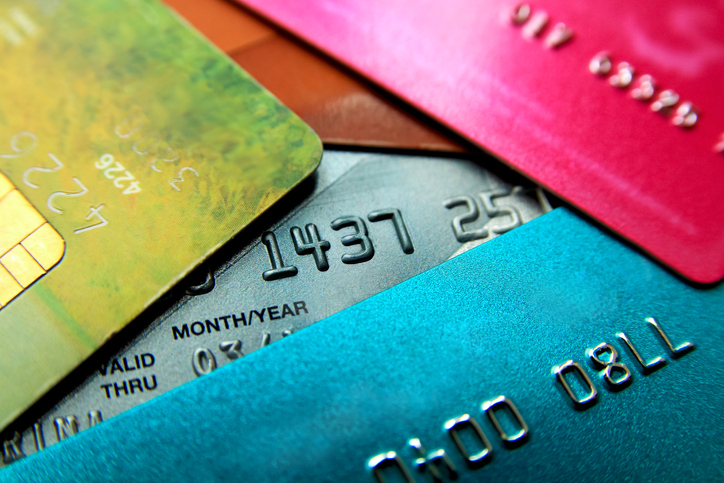 Like many Americans, you may be looking for a way to bring down your credit card debt. To help, the National Association of Personal Financial Advisors (NAPFA) offers the following six tips.
Like many Americans, you may be looking for a way to bring down your credit card debt. To help, the National Association of Personal Financial Advisors (NAPFA) offers the following six tips.
Pause some spending. Identify any automated payments that can be eliminated or temporarily paused while you’re paying off debt. Consider delaying or reducing large annual expenses, such as vacations or holiday spending, for one year. These temporary changes can help you pay off debt faster.
Reduce your interest rates. Take an inventory of all your credit cards, including the interest rates and minimum payments. Next, call your credit card companies to ask if they will waive any late payments or reduce your interest rate.
Eliminate your most expensive card first. Pay the monthly minimum on each card to avoid fees. Apply any left-over money to the highest interest-rate card first. Once this card is paid off, take the amount you were paying and apply it to the card with the second highest interest rate while continuing to make minimum payments on all other cards. Repeat until you have paid off all your credit cards.
Create a written budget. A written budget will help you stay out of debt in the future. Allocate some of your spendings to an emergency fund so that you are prepared if a job loss or health crisis arises. Check in with your budget each month.
Set financial goals and focus on the long-term. What is most important to you? Do you want to save for a home or go back to school? Articulate your goals so you’re more driven to reach them. The changes you make in the short term are temporary and purposeful and will help you reach future goals.
Toast yourself. Being debt free is an important milestone that is worth sharing and celebrating. Create a memory – a visit with a friend or a social media post – that you can recall when you are tempted to overspend again in the future.
Source: National Association of Personal Financial Advisors (NAPFA)





























